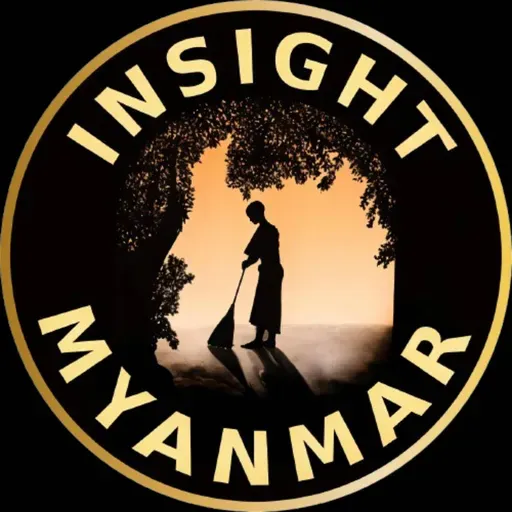
Episode #406: “I didn’t come to study this subject deliberately with a focus on Buddhism,” says Justine Chambers, author of Pursuing Morality, a book that explores Buddhist moral life among the Plong community in southeast Myanmar—known to outsiders as Pwo Karen—particularly in and around the town of Hpaan. Her work, the product of many years of immersive fieldwork, traces not only Buddhist ethical practices in everyday life but also the entanglements of those practices with political transitions, spiritual power, armed conflict, and minority identity in Karen State.
Chambers’ journey began with refugee advocacy in Australia and continued through work in Mae Sot in 2011, just as Myanmar was opening up. Expecting a conflict zone, she found instead a vibrant town full of youth and ambition, but also widespread moral anxiety. This tension became central to her research. She came to find that morality is not innate, and must be pursued daily. She describes how for the Karen, it is shaped by social factors like gender, age, and class.
Chambers corrects the common misconception that Karen identity is primarily Christian. Most Karen in lowland Myanmar are Buddhist, and many trace their spiritual heritage to the Mon and even Burmese kings. Their ethical practice is linked not just to self-cultivation, but to community well-being and even environmental harmony.
Yet morality is not always peaceful. Her discussion of the charismatic yet controversial figure, U Thuzana, and the DKBA’s role in the destruction of Manerplaw reveals how ethical revival can also justify violence and division. Ultimately, Chambers presents morality as both personal and collective, grounded in Buddhist cosmology but lived through daily negotiations with power, suffering, and hope.
“It’s also about community, and how you are [a] moral being within that community.”